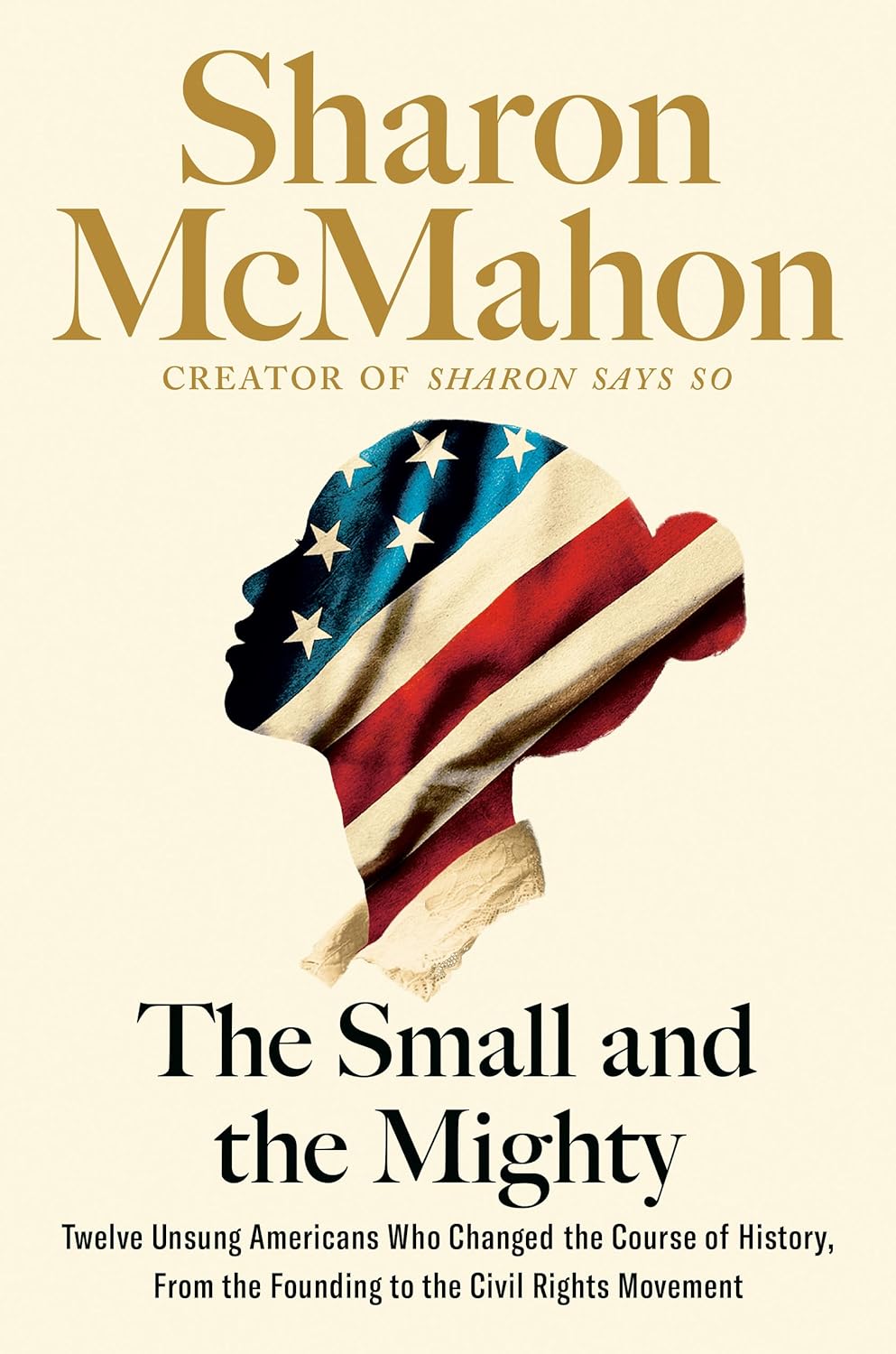Chapter 16: Julius Rosenwald_Illinois, 1862
byChapter 16 details the life of Julius Rosenwald, a figure whose early experiences and later success would leave a lasting impact on American society. Born in 1862 to Samuel and Augusta Rosenwald, Julius came into the world at a pivotal moment in history. His father, Samuel, had emigrated from Europe with hopes of a better life, unaware that his family would eventually face the struggles of living near a future U.S. president and encountering the growing threat of the Ku Klux Klan. The Rosenwald family settled in the United States, and Julius was born amidst significant historical events, including the assassination of President Lincoln, which would shape his formative years. Raised in a Quaker household that emphasized hard work and simplicity, Julius was exposed to the ideals of justice and social equality from a young age, which influenced his later philanthropic efforts.
Julius, known affectionately as JR, left high school after just two years and entered the workforce, finding success in New York’s garment industry. It was here that he honed his skills in business, particularly in selling suits for various occasions, which marked the beginning of his professional journey. In 1890, Julius married Augusta Nusbaum, and together, they embarked on their honeymoon to Niagara Falls, a moment that marked the start of their shared life. As they settled into their new life, Augustus’ brother Aaron Nusbaum, who had amassed wealth through running concessions at the World’s Columbian Exposition, played a critical role in the future success of Julius. Meanwhile, Richard Sears, a young man from rural Minnesota, was beginning his own business venture. Sears found success by creating a mail-order watch business that would eventually grow into the influential Sears, Roebuck & Co., revolutionizing American retail.
By 1895, Richard Sears faced challenges that impeded his company’s growth, and he sought help from Aaron Nusbaum, who agreed to partner with him. Julius Rosenwald, who was already involved in business dealings with Sears, decided to invest in the growing company. Despite the success of Sears, Roebuck & Co., Julius and Aaron were forced to stay out of the public eye, as rising antisemitism in America prevented them from fully participating in the company’s public image. Nonetheless, their company flourished, offering essential goods to rural communities that lacked access to retail stores. The company’s growth prompted them to build a massive shipping facility in Chicago to meet increasing demand, further solidifying their position as a leading player in the retail industry. This period marked the beginning of a dramatic shift in the American retail landscape, with Sears, Roebuck & Co. becoming a household name in the U.S.
When Richard Sears fell ill, Julius Rosenwald was thrust into a leadership role, which ultimately led to his significant wealth. With newfound riches came a challenge: how would Julius use his fortune for the greater good? Together with his wife Gussie, Julius turned to philanthropy, dedicating themselves to causes that would improve the lives of disadvantaged communities. Their charitable efforts aligned with the values of the Progressive Era, a period marked by widespread social reform, focusing on education, healthcare, and civil rights for marginalized communities. Julius’ involvement in various initiatives helped address systemic issues such as inequality and segregation, particularly in the Southern United States. His contributions were particularly impactful in education, where his philanthropic endeavors led to the establishment of thousands of schools for Black children in rural areas. Julius and Gussie’s generosity and commitment to social change created a legacy that would continue to influence American society for years to come.
As the years passed, Julius Rosenwald became more deeply involved in the advancement of racial and social justice, despite the challenges posed by the pervasive racism of the time. His work was not without its difficulties, as he faced constant obstacles from the prevailing social structures that sought to maintain segregation and discrimination. Yet, his dedication to improving the lives of others, regardless of race or background, remained steadfast. Julius’ impact extended far beyond his wealth, as he used his position to advocate for meaningful change in the areas of education, economic opportunity, and racial equality. His philanthropic legacy continues to inspire future generations, serving as a powerful example of how individuals can use their resources and influence to create lasting social change. Through his contributions, Julius Rosenwald demonstrated that one person’s dedication to justice and equality can indeed transform the lives of thousands, leaving an indelible mark on American society.

